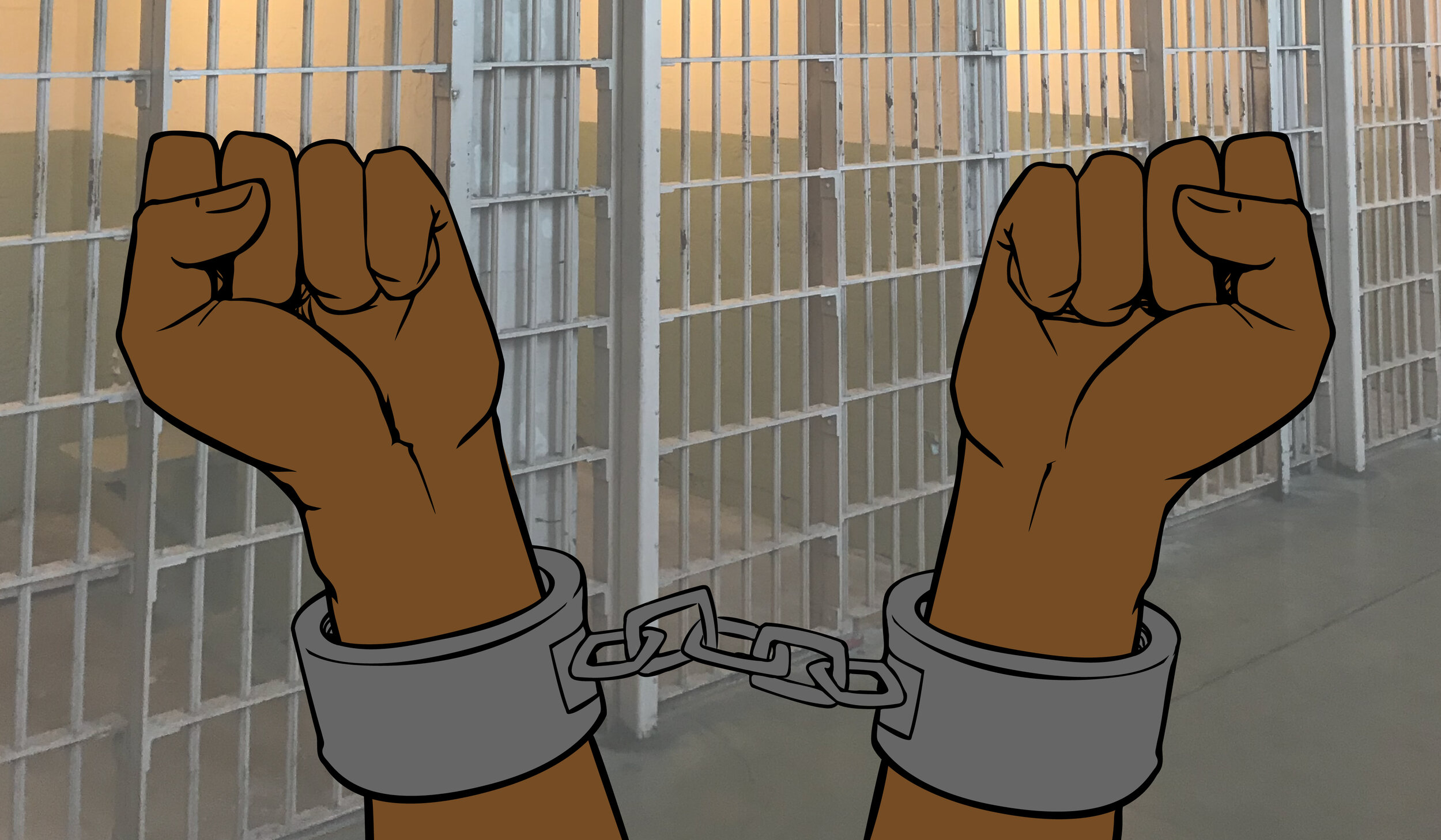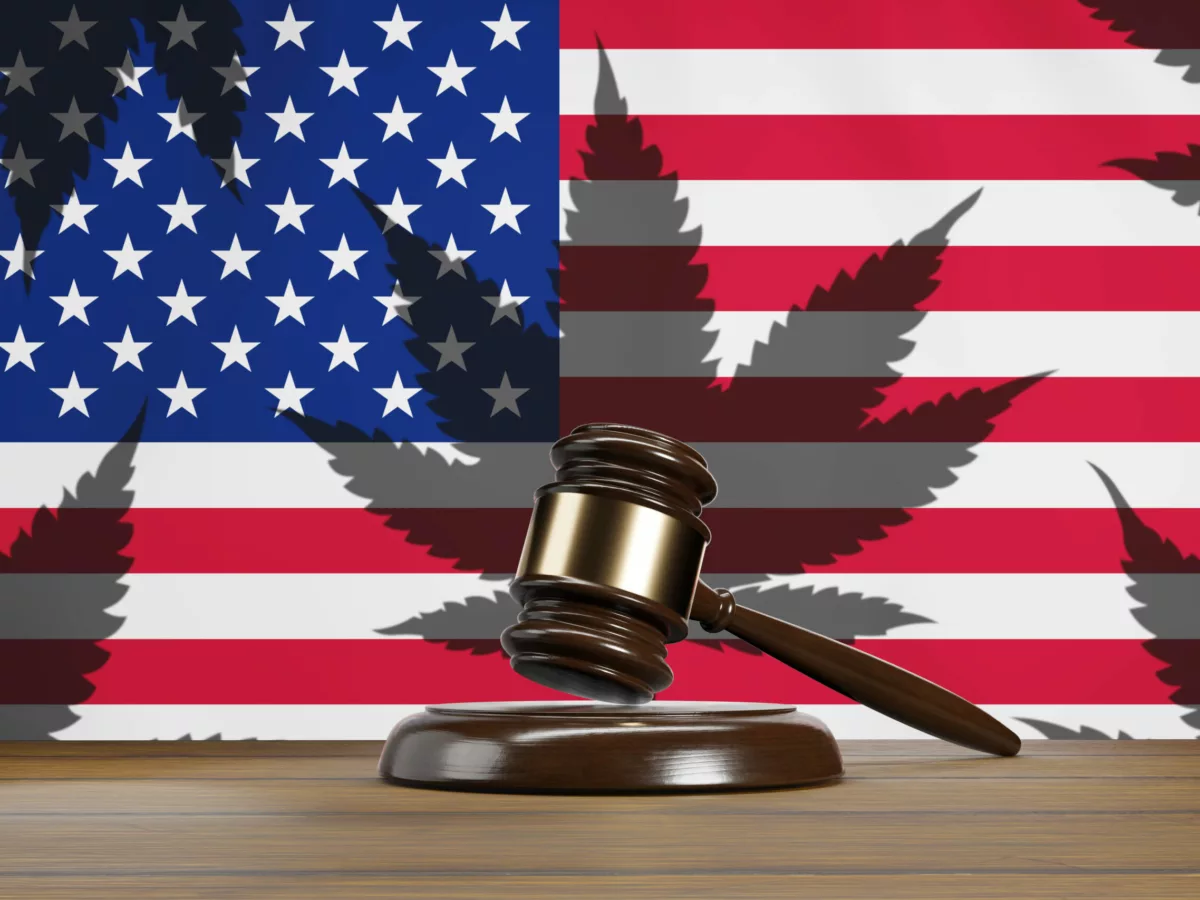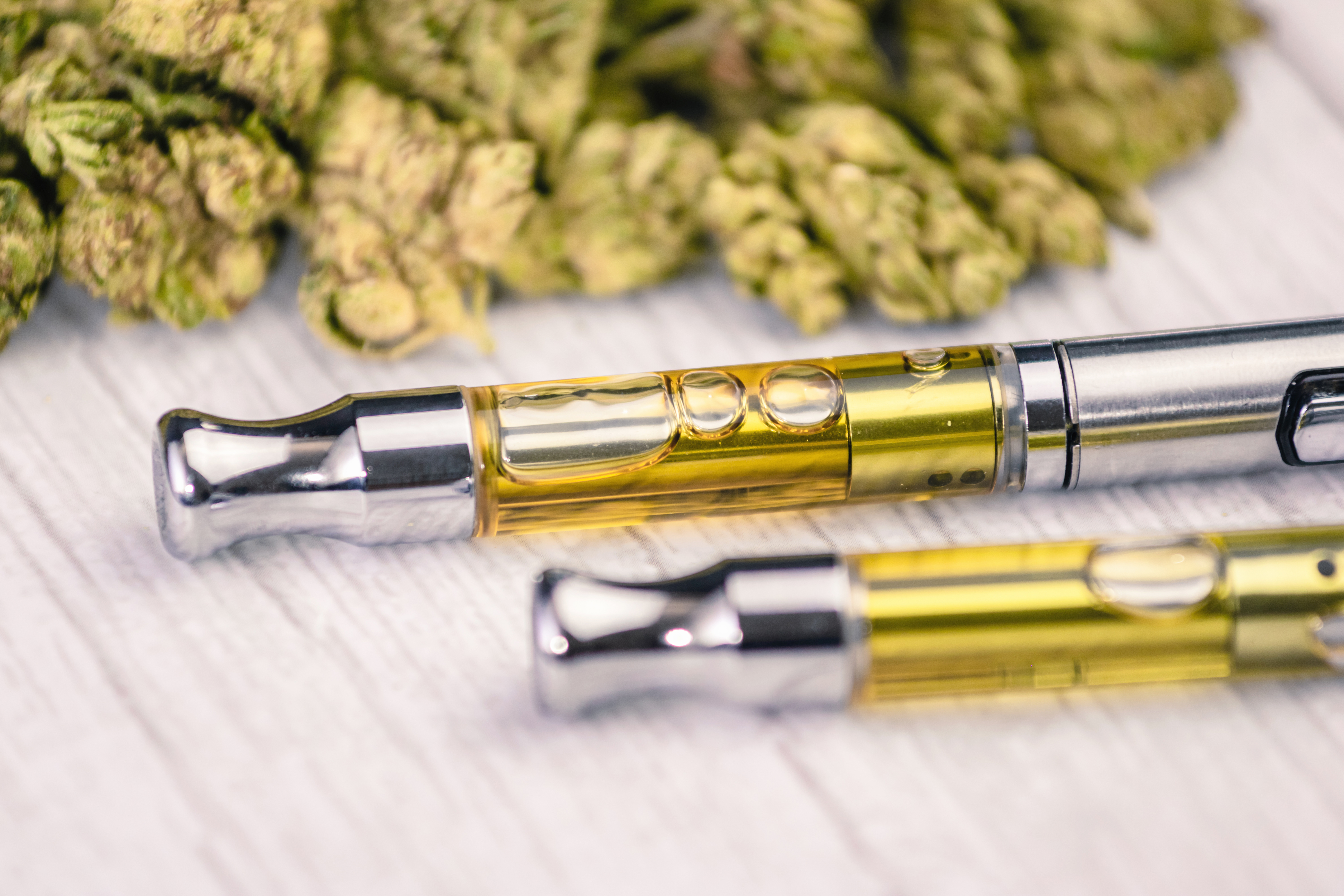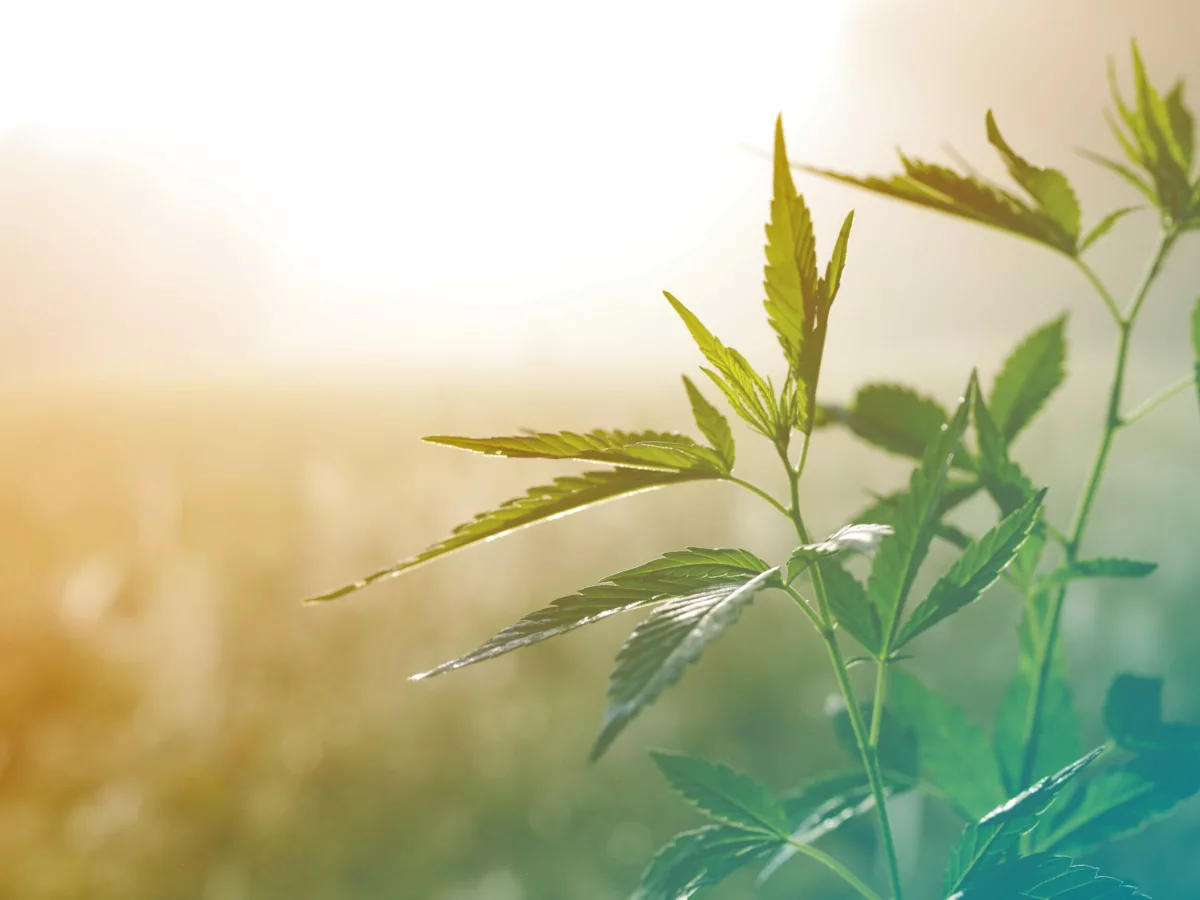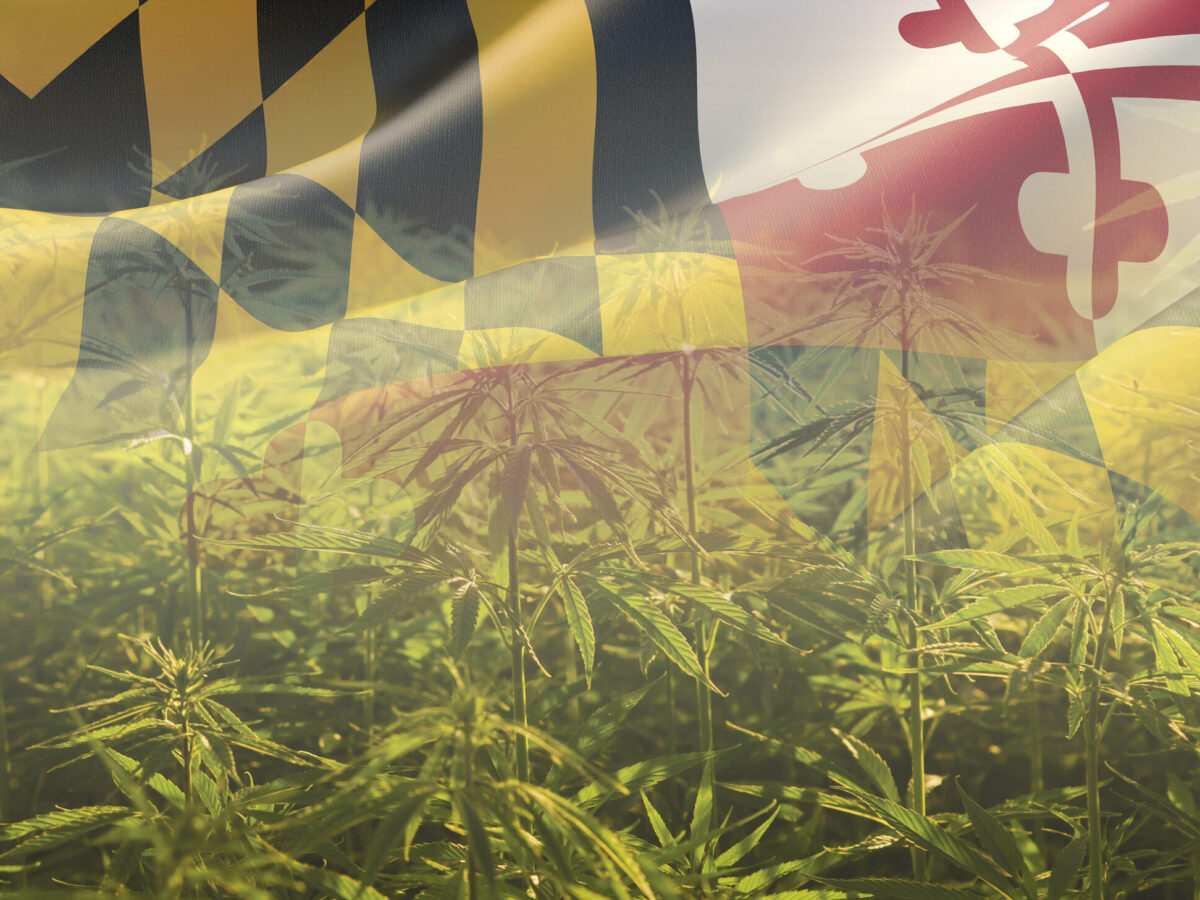During a marathon legislative session of the D.C. Council on Tuesday, May 4, Councilmember-At-Large Robert White withdrew a bill that gave people formerly incarcerated for drug offenses a leg-up to participate in the District’s growing medical cannabis industry.
The emergency legislation required the Alcoholic Beverage Regulation Administration(ABRA), which regulates D.C.’s medical cannabis program, to reserve at least one dispensary license, one cultivation license, and one testing laboratory license for businesses majority-owned by people previously incarcerated for growing, selling, or possessing drugs.
White billed the legislation as a way to bring greater equity to D.C.’s medical cannabis program while redressing decades of punitive sentencing for people convicted of drug offenses.
“The people most impacted by harsh drug enforcement deserve a chance to be players in the million dollar cannabis industry,” he tweeted on Monday.
But some council members expressed concerns about the proposal on Tuesday, and White ultimately withdrew his bill before it could go to a vote.
“We are going to work on a broader equity approach that will help more people,” White told his council colleagues.
It’s unclear what those concerns were. In an email to The Outlaw Report, White said he pulled the bill so he could keep working on it with Councilmember Kenyan McDuffie, who chairs the D.C. Council committee that oversees ABRA.
“We now have an open door to work with [McDuffie], take more time, and broaden equity for returning citizens in the cannabis industry, more than our emergency legislation did,” White said.
White said he had proposed the bill as “emergency legislation” because he wanted it to pass before ABRA made new business licenses available. Emergency bills only need to be approved once before heading to Mayor Muriel Bowser’s desk.
“We intend to work with ABRA to try to delay their license application process so we can advance equity,” a spokesperson for White’s office said on Wednesday.
ABRA is currently soliciting applications for one new dispensary, two new cultivation centers, and two new testing labs. The openings have drawn significant interest from investors hoping to cash in on a “green rush” fueled by the relaxation of cannabis laws in many U.S states.
In addition to reserving some licenses, White’s bill would give returning citizens a 50-point advantage in ABRA’s selection process, which is scored out of 250. In October of last year, White had co-introduced a similar bill, but the legislation stalled in committee.
Mayor Bowser is also pushing legislation to a similar effect. In February, Bowser introduced The Medical Cannabis Amendment Act of 2021, which would eliminate certain laws that prevent formerly incarcerated people from working at medical cannabis businesses.
Under Bowser’s legislation, only people convicted of violent crimes, gun offenses, tax evasion, and fraud within the last three years would be barred from working at cannabis businesses. On Wednesday, the bill was prioritized for a vote within the next few weeks.
